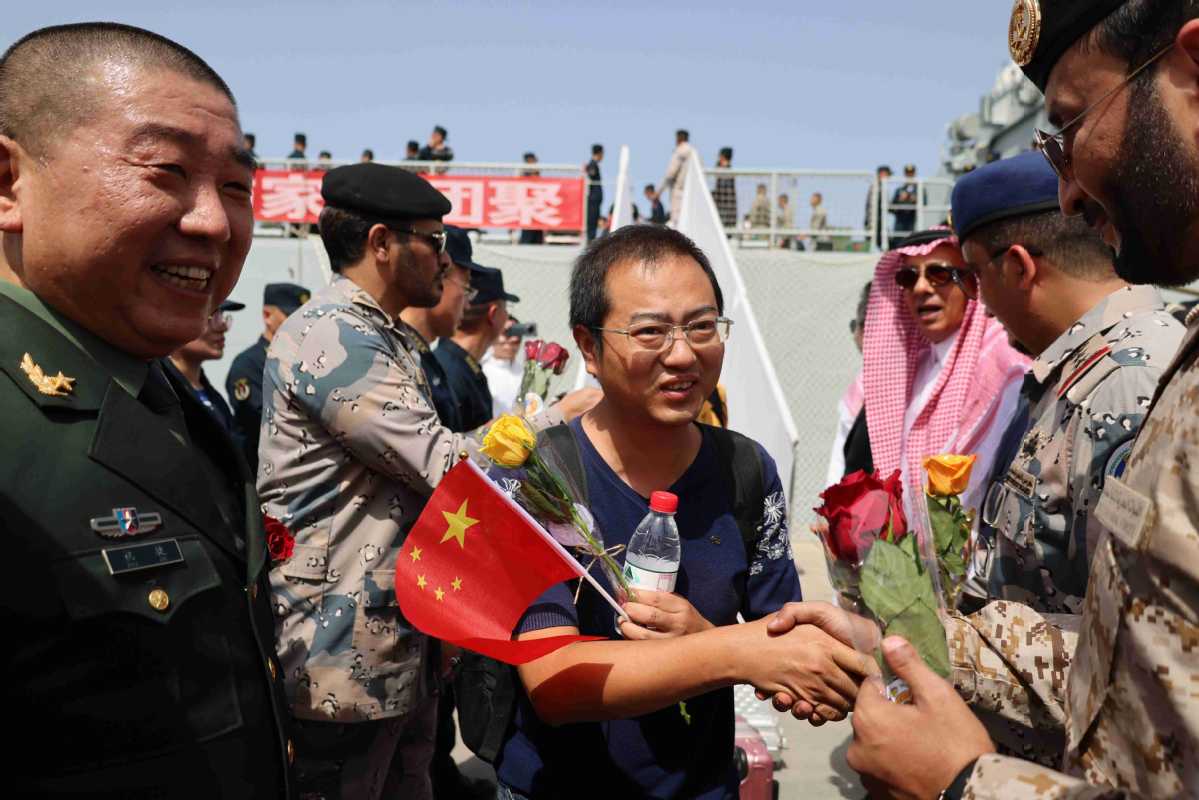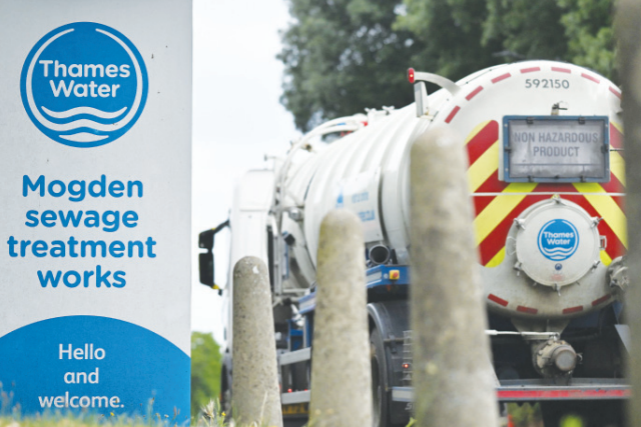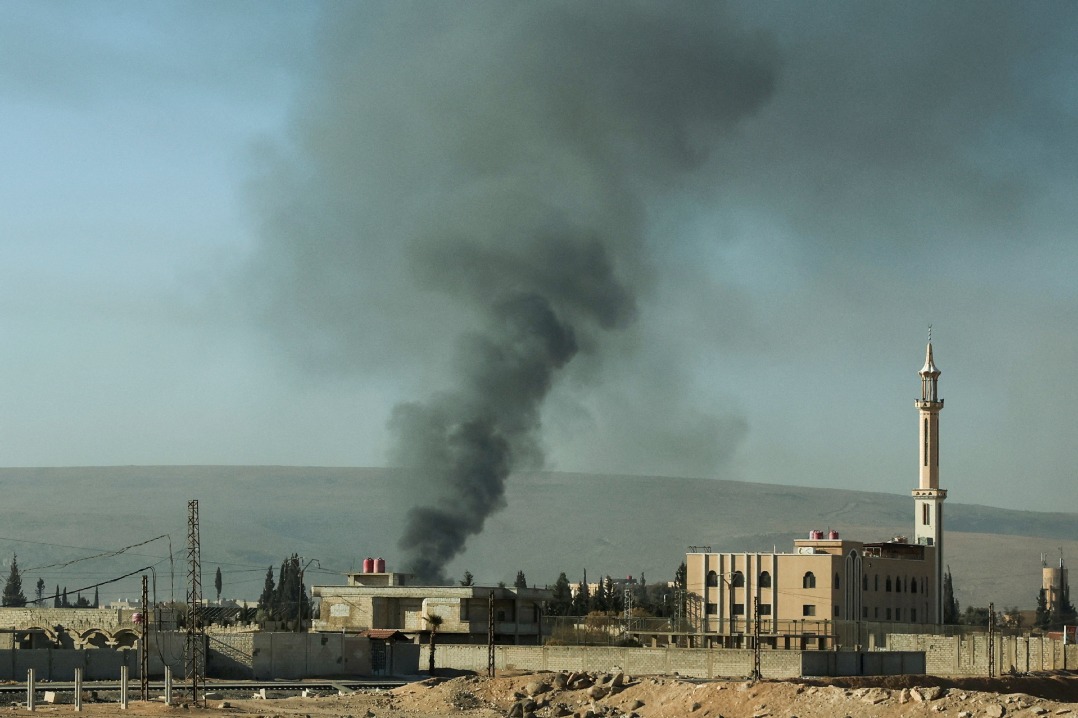Hotel manager, staff and guests survive bomb blasts on escape to safety


When Zhang Chunjiang first saw the two Chinese naval ships at Port Sudan on April 26, he could not hold back his tears, knowing that safety was finally within reach after living in a war zone for more than a week.
Along with his staff members and guests, Zhang, who manages a hotel for China Huayou Group Corp in Khartoum, survived bomb blasts and lived without access to electricity and tap water as fighting between the two rival military forces erupted in Sudan on April 15.
"A bullet even went through the window of the hotel security room, which forced our security staff to hide with us," he said after returning home on April 29.
The fact that Zhang's hotel was close to the presidential palace made the area particularly dangerous, as the warring sides were engaged in a battle for control of the neighborhood.
Zhang hunkered down with 12 Chinese staff members and 12 Chinese citizens who were guests at the hotel.
Even though they had sufficient daily necessities for 15 days, the power and water supplies lost to the fighting made life extremely arduous in scorching temperatures.
Zhang said all those who stayed at the hotel used a temporary toilet in the backyard.
They also took advantage of a ceasefire between the warring parties to stock up on daily necessities, especially bottled water.
The Chinese embassy in Khartoum worked day and night to come up with evacuation plans for Chinese citizens in the city, Zhang said.
A final plan was put into action on April 23 for the group to be evacuated the following day by joining a convoy of Chinese citizens heading for Port Sudan.
However, on the morning of April 24, the bus scheduled to pick the group up failed to appear because the driver was too afraid to pass through a war zone, Zhang said.
The clock was ticking and part of the convoy had already left.
Zhang said there was no other choice but to use a minivan owned by the hotel to ferry the 24 people to the convoy in two groups, despite potential dangers on the route.
"We displayed the Chinese national flag on the front of the vehicle to show our identity," he said, adding that both the warring sides were generally friendly to Chinese nationals.
As the minivan traveled past charred bodies, vehicles and devastated buildings, the sound of bombing could be heard repeatedly nearby.
"We were all frightened, but we knew we had to catch up with the convoy to reach safety," Zhang said.
The team eventually joined the evacuation convoy, which reached Port Sudan after a 12-hour journey.
After a one-day stay at the port, the team traveled to the quayside, where two People's Liberation Army Navy vessels — CNS Nanning and CNS Weishan Lake — were waiting.
"We were so excited to see the ships. I have never felt such a strong sense of patriotism in my life," Zhang said.
He and his group boarded CNS Weishan Lake, a resupply vessel, where they were offered food and accommodation before reaching the port of Jeddah, Saudi Arabia, on April 27.
"The sailors offered their beds to the evacuees, while they slept on the floor themselves. They also worked through the night to prepare food for us. We were so impressed by their hospitality,"Zhang said.
He added that the experience made him realize that the motherland is the strongest means of support for Chinese citizens overseas.
"No matter how difficult it is, the motherland will bring us home as soon as possible," he said.
































